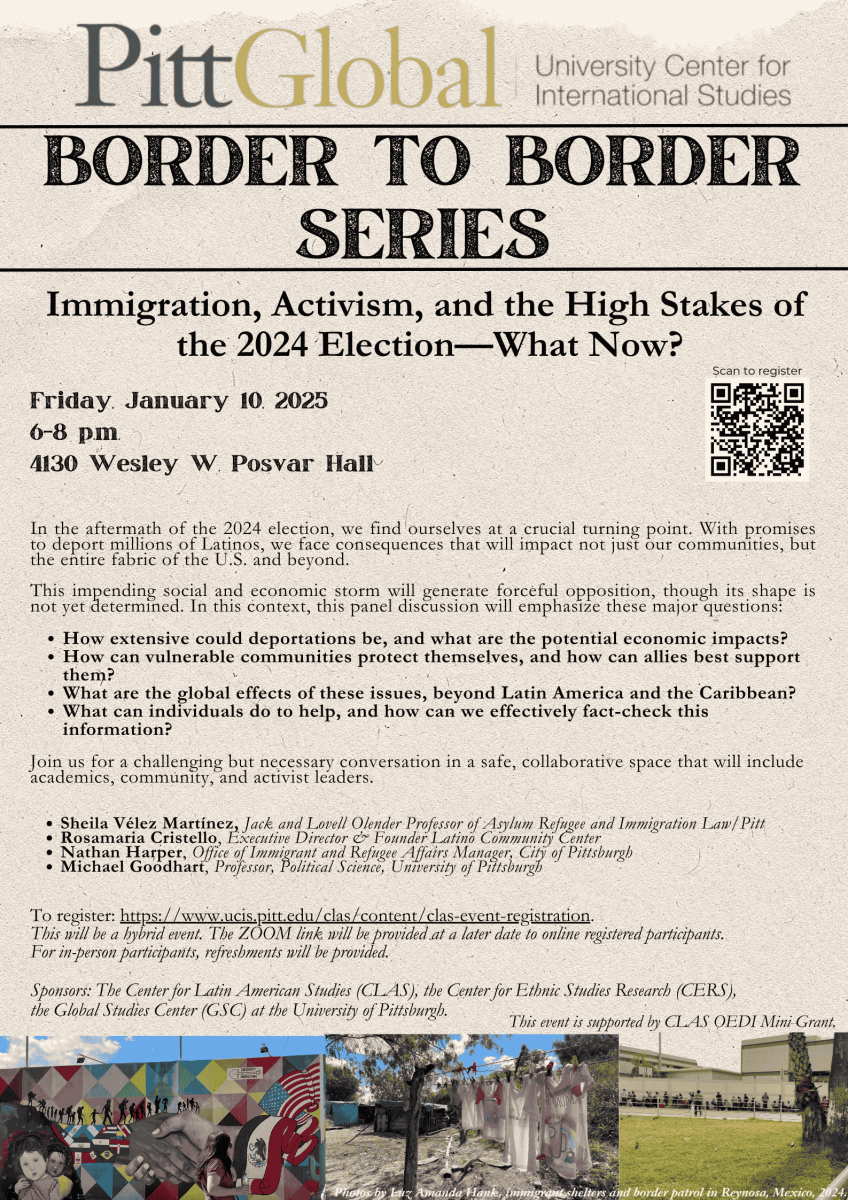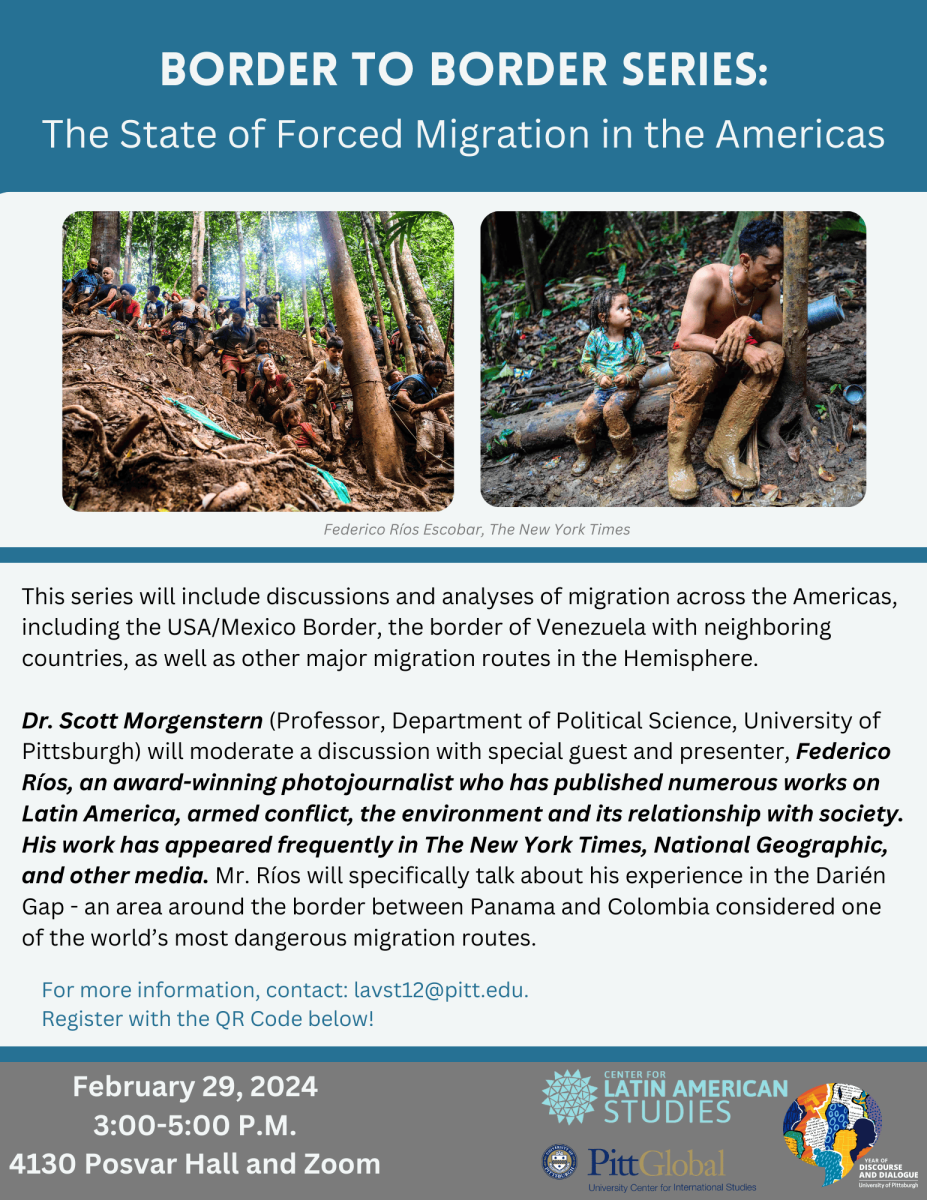Borders are more than lines on a map—they define, divide, and shape our lives in profound ways. While much of the conversation around borders focuses on national boundaries and migration, this series goes further. Borders: Beyond the Lines explores how visible and invisible borders influence our identities, relationships, and societies—whether between countries, neighborhoods, or even within ourselves.
This series will examine the global landscape of borders through a wide lens. We’ll compare migration routes from different regions and uncover the complex realities behind why people move. We'll challenge common misconceptions about migration and spotlight the human experiences behind the headlines.
But our exploration doesn’t stop at geopolitics. We’ll also consider the everyday borders that define access, inclusion, and power—such as those that separate communities, segregate neighborhoods, or enforce mental and emotional boundaries.
From forced migration to societal divides, from policy to personal impact, this series invites deep reflection and honest dialogue. How do borders shape not just where we can go, but who we can become?
Series Objectives
-
Explore how borders—physical, social, psychological, and ideological—shape individual and collective experiences
-
Investigate the impact of borders within neighborhoods, cities, and communities, including issues of segregation, access, and identity
-
Examine global migration patterns and the forces—political, economic, environmental—that drive human movement
-
Challenge common misconceptions about migration and who is affected by border policies
-
Reflect on how mental and emotional boundaries influence perception, belonging, and human connection
-
Promote inclusive dialogue on how borders—visible and invisible—reinforce power structures and shape opportunity
-
Encourage rethinking of borders not just as barriers, but as evolving spaces of negotiation, conflict, and possibility
By expanding the scope of our discussion to include borders within communities and beyond nation-states, we invite a broader conversation about how borders shape our collective experience, impacting everyone from the individual to the international level. For more information contact: Luz Amanda Hank at lavst12@pitt.edu




